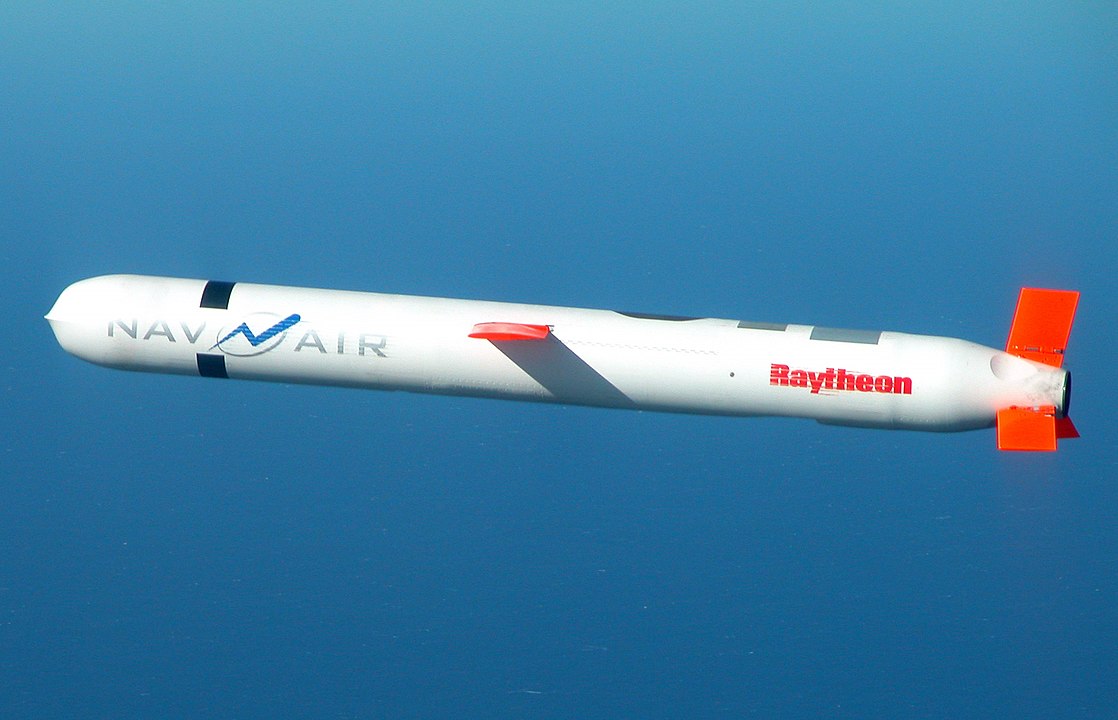Russian Foreign Minister Sergey Lavrov claimed that a US sale of Tomahawk missiles to Ukraine "would be an escalation, and a very serious one at that," according to an 15 October interview with Kommersant.
Lavrov claimed such a move would "cause colossal damage" to the normalization of US-Russian relations and undermine bilateral improvements made since the Biden administration, the Institute for the Study of War reported, citing the interview.
The institute assesses that the Kremlin is waging a reflexive control campaign to deter the United States from authorizing the sale by threatening a deterioration in US-Russian relations.
ISW argues that US provisioning of Tomahawk missiles would not represent a significant escalation, noting that Russia regularly uses comparable long-range weapons against Ukraine. Russia deploys Kh-series cruise missiles, Kalibr cruise missiles, Kinzhal aeroballistic missiles, and Iskander ballistic and cruise missiles in weekly, sometimes nightly strikes against Ukraine, according to the report.
Russia has used most of these weapons since 2022 and began deploying Iskander-K cruise missiles in 2023. In November 2024, Russia conducted an intermediate-range ballistic missile strike against Ukraine with its Oreshnik ballistic missile system with multiple independently targetable reentry vehicles. Russia also has vowed to deploy Oreshnik systems to Belarus by the end of 2025.
US Tomahawk missiles' long-range capabilities and sizable payload would enable Ukrainian forces to strike key Russian military assets deep within Russian territory, including the Shahed drone factory in Yelabuga, Republic of Tatarstan, and the Engels-2 Air Base in Saratov Oblast, from which Russia sorties strategic bombers that fire air-launched cruise missiles during strikes on Ukraine, ISW notes.
President Donald Trump said on 15 October that Ukrainian President Volodymyr Zelenskyy "would like" the United States to sell Tomahawk missiles to Ukraine and that he has spoken to Zelenskyy about the issue. US Secretary of Defense Pete Hegseth said the United States "will take steps necessary to impose costs on Russia for its continued aggression" if Russia does not soon agree to negotiations to end its war.
Hegseth urged allies to increase military aid to Ukraine, stating that a "combat-ready Ukrainian army and strong European-led NATO are critical for deterring Russian aggression" and that the United States "stands ready to do its part" to aid Europe.
In the same Kommersant interview, titled "Europe wants to turn the conflict in Ukraine into Trump's War," Lavrov claimed that Europe and Zelenskyy want to lead Trump "astray" and are giving him "ultimatums." Lavrov said he is shocked by Europe's attempts to make this "Trump's war."
ISW assesses that Lavrov is seizing on the Trump Administration's repeated efforts to distance itself from the beginning and causes of the war in Ukraine. The institute maintains that the Kremlin seeks to leverage narratives designed to undercut Ukraine and Europe in an effort to undermine NATO cohesion and support for Ukraine.





